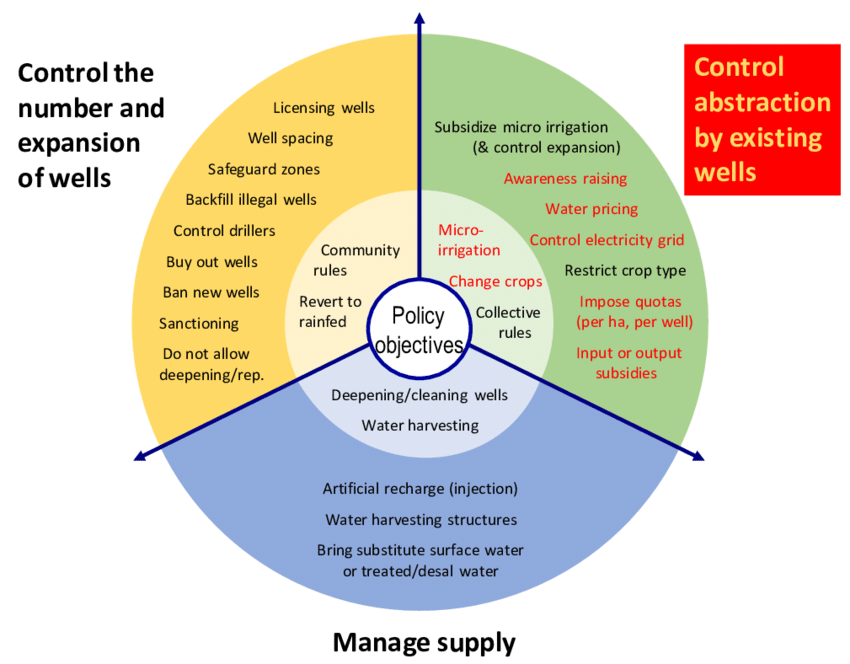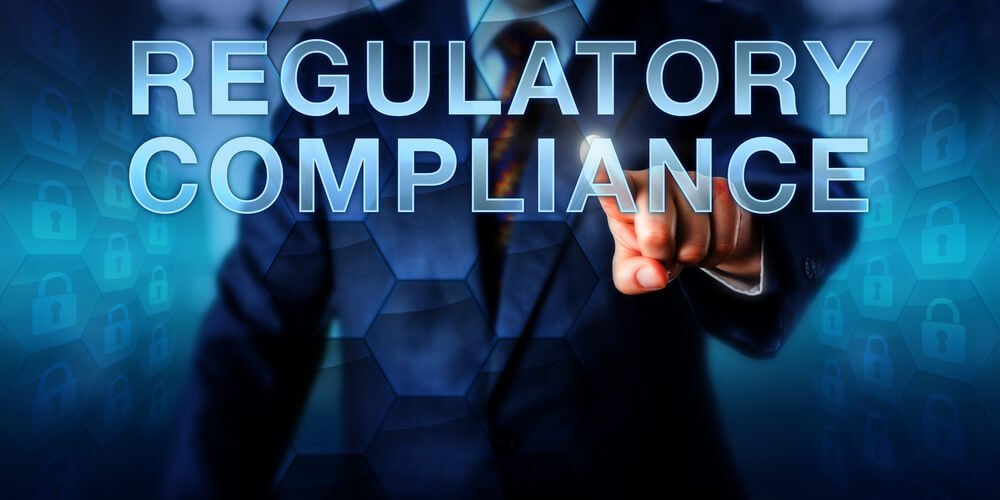Control of Well, Well Integrity and Insurance
/You want to remain in the business of producing oil, even if you have an incident. You know that insurance is a way to partially mitigate this risk. And you know about blow outs, so you probably know you need a Control of Well policy.
That’s a good start! But let’s take a deeper dive.
A Control of Well insurance policy typically provides coverage for a wide range of well control incidents. However, like any insurance policy, especially specialized ones, the specific coverage can vary based on the policy terms and conditions. While most Control of Well policies will include coverage for blowouts, well kicks, and associated control and containment expenses, the extent of coverage for other issues your wells might face can vary.
In particular, you must be concerned with the group of issues bundled together under the term “loss of integrity.” Analyzing your total risk when it comes to integrity issues can be challenging due to differences in Control of Well policies and what they cover. Some policies explicitly cover casing failures, cement bond failures, or certain forms of structural integrity loss, while others may not or may have limitations or exclusions related to those issues.
Determining the level of concern for loss of integrity incidents in your particular operations, and how much of that concern can be mitigated through your Control of Well policy, is an important exercise for you to undertake.
Here are some steps that can help you determine your potential risk of loss of integrity, in no particular order:
Well Construction and Design: Review the design and construction details of the well, including casing specifications, cementing plans, and other engineering aspects. Evaluate whether the well has been constructed with appropriate materials, casing sizes, and barrier elements to ensure well integrity. If you are acquiring wells, conduct this review during the due diligence stage of the acquisition. Failing to do so could dramatically alter the economics of the deal you anticipate.
Well Age and Maintenance History: Consider the age of the well and its maintenance history. Older wells or those with a history of inadequate maintenance may be at a higher risk of integrity issues. Assess past maintenance records and any incidents or repairs related to well integrity. Ensure that your record-keeping is secure, well-organized, and thorough. If it is not, implement a plan as soon as possible.
Geological and Reservoir Conditions: Evaluate the geological characteristics and reservoir properties of the well’s location. Factors such as formation stability, presence of corrosive substances, or pressure differentials can impact the potential for loss of integrity. Different formations have different risk profiles (ie, porosity leads to fluid migration), and this seemingly obvious consideration is often overlooked.
Operational Conditions: Analyze the operational conditions of the well, including drilling, production, and well intervention activities. Certain operations, such as high-pressure drilling or well interventions involving corrosive fluids, may increase the risk of integrity issues.
Well Monitoring and Testing: Implement a comprehensive monitoring and testing program to regularly assess the integrity of the well. Conduct pressure testing (or other integrity tests) regularly to identify any anomalies or leaks. Monitor wellhead pressures, casing pressures, and other relevant parameters to detect early signs of integrity concerns.
Regulatory Compliance: Ensure compliance with applicable regulations and industry standards that address well integrity. Regulations often outline specific requirements for casing, cementing, and well integrity management, serving as guidelines for assessing potential risks. There are many competent compliance professionals and attorneys who can assist you with this.
Expert Consultation: Seek advice from well integrity specialists or consultants who can conduct detailed assessments and inspections of the well. They can identify potential vulnerabilities, recommend mitigation measures, and provide insights specific to your well’s characteristics. Narrowing the focus of your concerns can help manage costs with consultants and yield better results.
Bottom line? Gain a comprehensive understanding of your operations and well integrity issues. Take total command over your situation. Then, with that understanding, approach your insurance broker confidently to determine how your Control of Well policy will (and will not) mitigate integrity issues.
At Novation, we can assist you with all of this. Not only can we help you procure the right Control of Well policy (neither over-insuring, nor under-insuring), but we can also support your evaluation process.




